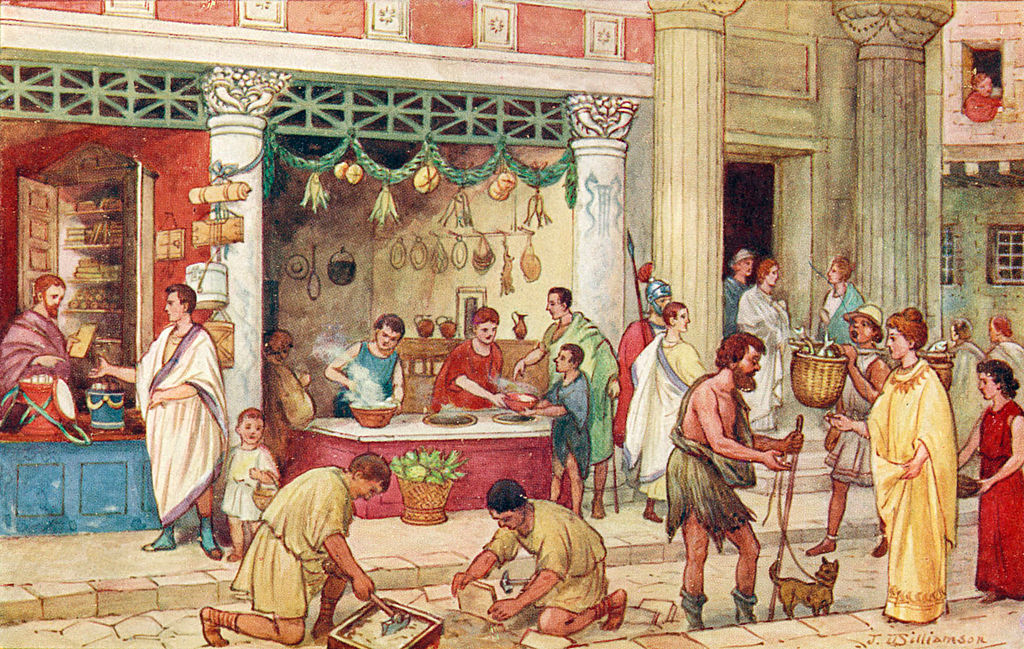Marxism has had a huge impact on the study of the past in two distinct, but interrelated ways. On the one hand, Marxist theory has offered a rich conceptual framework (class, mode of production, productive forces and relations) that has been used in order to explain major historical processes. Marxist historians like Eric Hobsbawm, Chris Wickham, Irfan Habib, and Witold Kula have offered large-scale narratives and interpretations of phenomena like the structure of medieval societies and the emergence of capitalism.
On the other hand, Marxism has been one of the key influences behind the emergence of history from below. Marxist historians like Rodney Hilton, Christopher Hill, E. P. Thompson, and Eugene Genovese wrote masterpieces that looked at the past from the perspective of common people and focused on the significance of their historical agency.
Given the widespread impact of Marxism on modern historical scholarship since the 1960s, it is highly peculiar that the study of antiquity has never really experienced the far-reaching impact of Marxist approaches that transformed the study of medieval, early modern, and modern history. Recently, though, the field of ancient history has started to change in radical ways.
Over the last few years, new volumes have emerged on ancient history from below, ancient popular culture, the impact of Antonio Gramsci on the study of ancient history, and the significance of Thomas Piketty’s work on capital and David Graeber’s work on debt for the study of antiquity. Given this promising trend, it is perhaps the right moment to examine whether Marxism has anything significant to offer to the current radical rethinking of ancient history.
It is impossible to answer this question without returning to the…
Auteur: Kostas Vlassopoulos

